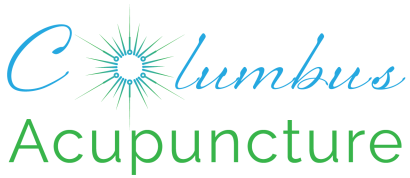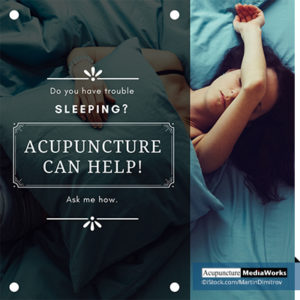
2520 California St, Ste G
Columbus, IN 47201(812) 374-4518
- Monday9am-4pmTuesday1pm-5pmWednesday9am-12pmThursday9am-5pmFriday9am-4pm
- Sign up to receive news and updates and get my free report:“The Top 10 Reasons to Try Acupuncture”

-
Latest Articles:
- • Strategies to Stay Calm and Joyful During the Season •
- • How to Stay Mentally Resilient in the Colder Months •
- • Three Delicious and Healthy Soup Recipes to Keep Warm This Winter •
Research Articles
Research Update – Acupuncture and Insomnia
 A study published by the Journal of Sleep Medicine shows acupuncture is a safe and effective treatment for insomnia sufferers. The study group was composed of 72 patients with primary insomnia. Acupuncture treatments were given three times a week for four weeks and the patients were required to wear sleep monitors, as well as complete regular questionnaires. The outcomes were measured by the Insomnia Severity Index, sleep efficiency, sleep awakenings and total sleep time. The Insomnia Severity Index of the patients improved greatly, as did the sleep efficiency and the total sleep time. This study provides evidence that acupuncture can be of great help to insomnia sufferers.
A study published by the Journal of Sleep Medicine shows acupuncture is a safe and effective treatment for insomnia sufferers. The study group was composed of 72 patients with primary insomnia. Acupuncture treatments were given three times a week for four weeks and the patients were required to wear sleep monitors, as well as complete regular questionnaires. The outcomes were measured by the Insomnia Severity Index, sleep efficiency, sleep awakenings and total sleep time. The Insomnia Severity Index of the patients improved greatly, as did the sleep efficiency and the total sleep time. This study provides evidence that acupuncture can be of great help to insomnia sufferers.
http://www.sleep–journal.com/article/S1389-9457(17)30093-X/fulltext
Insomnia is a pathology that affects an estimated 32 million people in the United States. Insomnia is a sleep disorder characterized by an inability to obtain sufficient sleep, due to difficulty falling asleep or difficulty staying asleep. Insomnia can be either acute or chronic in nature. Acute insomnia is brief and can happen because of certain stressful life circumstances. Chronic insomnia is disrupted sleep that occurs at least three times per week and continues for at least three months. Of the two, chronic insomnia is the worst to experience. Chronic insomnia can lead to fatigue, mental sluggishness, brain fog, irritability, depression, anxiety, excessive worry, difficulty focusing and even accidents.
Traditional Chinese Medicine (TCM) acknowledges adequate sleep as vitally important for physical, as well as mental well-being. TCM usually views insomnia as an imbalance of energies throughout the body. These energies are known as Qi (pronounced “chee”). There are multiple energetic pathways or meridians that run through the body. A person suffering from insomnia may have imbalances in one or more of these meridians. Most typically, the imbalances occur along the heart, liver and kidney meridians. Stress, poor diet and a lack of exercise can produce a blockage or stagnation of Qi in the body. This stagnation can create heat and deplete fluids or yin in the body. One of the ways to bring balance back to these meridians is through the use of acupuncture.
Acupuncture can be used very effectively, to treat all types of sleep disorders and with none of the toxic side effects associated with medications or sleep aids. Because acupuncture is very customizable to the individual, there may also be beneficial side effects associated with the treatment of insomnia. Many patients report after receiving acupuncture treatments for insomnia that they also notice an overall improvement of both their physical and mental wellness.
There is not just one set of points to treat every person with insomnia. Also the root cause of the insomnia may stem from one or multiple issues. Each person is treated holistically with TCM and their bodies are considered unique. Qi may flow differently in some people due to previous surgeries and medical implants. These are things the TCM practitioner considers before determining the treatment plan for each patient.
If you or somebody you know is suffering from insomnia, it might be worth the time to locate a properly trained and fully-licensed acupuncturist in your area. With licensed acupuncturists in nearly all fifty states, restful sleep may be just a few pin pricks away.
Negative Ions and Positive Health
 In a study published by the National Institute of Health, researchers found negative air ions had a positive effect on the physiological parameters of blood pressure and heart rate, as well as neuronal activity, when applied to a group of rats. It was observed that the negative air ions significantly decreased heart rate and the blood pressure. These findings suggest negative air ions can influence health through the inhibition of neuronal activity.
In a study published by the National Institute of Health, researchers found negative air ions had a positive effect on the physiological parameters of blood pressure and heart rate, as well as neuronal activity, when applied to a group of rats. It was observed that the negative air ions significantly decreased heart rate and the blood pressure. These findings suggest negative air ions can influence health through the inhibition of neuronal activity.
Negative ions may sound like something unhealthy, but in fact they have quite the opposite effect on the body. Negative ions are oxygen atoms charged with an extra electron. And recent studies suggest breathing air rich in negative ions can have a very positive effect on a person, both physically and mentally.
Negative ions are commonly found in natural places close to moving water. But they can also be felt in the air after a thunderstorm. You know that taste noticed near a beach or waterfall, or after a strong thunderstorm? These are all examples of negative ions saturating the air. Negative ions can clear the air of pollutants like mold, pollen, pet dander, bacteria, dust and foul odors. They do this by attaching to positively charged particles, causing air pollutants to become too heavy to stay airborne. Once they become too heavy, they drop to the ground, which prevents them from becoming respiratory pathogens.
There are numerous health benefits to negative ions. This is why it is suggested negative ionizers be used in the home and office. Negative ions are inhaled and once they are in the bloodstream, they produce biochemical reactions that can increase the chemical serotonin, which helps manage stress and depression. Negative ions also help increase the flow of oxygen to the brain. This can eliminate drowsiness and increase alertness and mental clarity.
The effects of ionization have been studied for decades. Many people claim to feel irritable or they may develop headaches or sinus problems when storms are brewing or approaching. Many elders claim to be able to “feel” the weather in their bones. Scientifically, this equates to the changes in electrical states within the atmosphere that typically accompany storms. In the 1970’s, researchers began measuring metabolic changes in rodents in response to concentration of ions in the air. The studies showed when the rats and mice were exposed to positive ions, they became agitated, aggressive and more prone to respiratory conditions. But these changes were not observed when the rodents were exposed to negative ions.
The best way to experience the positive health effects of negative ions is to spend more time in nature. Stepping outside after a thunderstorm blows through, walking along the beach or even going for a hike in the mountains are all ways of getting exposure to negative ions that can ultimately lead to good health and a positive attitude. If none of these things are possible, adding a Himalayan salt lamp to the home, is another great way to shift the mood. Regardless of how it’s achieved, absorbing negative ions can be a game changer.
http://www.webmd.com/balance/features/negative–ions–create–positive–vibes
Research Update: Acupuncture and Heart Health
 Researchers from the Tianjin University of Chinese Medicine tested the efficacy of acupuncture, herbs and drug therapy for heart health, and what they found was incredible. The addition of Traditional Chinese Medicine therapies increased patient outcomes by 28 percent, with regards to arrhythmias, palpitations and tachycardia. The researchers tested prescription medications alone and with the addition of acupuncture and herbs. In this study, the addition of acupuncture and herbs increased the positive effect and decreasing the symptoms the patients were experiencing. The researchers used the exact same protocol for all patients involved in the study. The same acupuncture points, herbal formula and pharmaceuticals were used on all participants. For the treatment group, the effective rate was 92 percent overall.
Researchers from the Tianjin University of Chinese Medicine tested the efficacy of acupuncture, herbs and drug therapy for heart health, and what they found was incredible. The addition of Traditional Chinese Medicine therapies increased patient outcomes by 28 percent, with regards to arrhythmias, palpitations and tachycardia. The researchers tested prescription medications alone and with the addition of acupuncture and herbs. In this study, the addition of acupuncture and herbs increased the positive effect and decreasing the symptoms the patients were experiencing. The researchers used the exact same protocol for all patients involved in the study. The same acupuncture points, herbal formula and pharmaceuticals were used on all participants. For the treatment group, the effective rate was 92 percent overall.
Traditional Chinese Medicine, just like Western medicine, believes the heart is responsible for the circulation of blood. When the heart is strong, circulation will be sufficient, the body will be well-nourished and the pulse will reflect that by being full and regular. Both medical systems agree that a weak heart can manifest as palpitations, chest pain and even heart disease or a heart attack. Where the two medical systems differ is this: TCM also acknowledges the heart “houses the mind”.
In TCM, the heart and the mind are virtually inseparable. The heart governs the ability to think clearly, sleep soundly and maintain a good memory. Our emotional state is strongly influenced by how healthy or unhealthy our heart may be. A weak and deficient heart may create feelings of anxiety and mania, while also contributing to insomnia, forgetfulness and lack of concentration.
Heart health can be reflected in the facial complexion also. A nice rosy complexion indicates a strong healthy heart, while a pale or sallow complexion is indicative of a deficient, weak heart. If the heart blood becomes stagnant, the complexion may have a purplish tint. When the complexion is reddish, this may indicate heart heat.
Acupuncture and TCM have been managing heart health for centuries. Regular acupuncture treatments have been found to be very helpful in lowering blood pressure. The needles stimulate the release of opioids, which then decrease the heart’s activity and its need for oxygen. This in turn, helps lower blood pressure.
Stress is another factor that can greatly affect the health of the heart. Unmanaged, chronic stress can lead to heart disease, high blood pressure, heart arrhythmias and even heart attacks. Numerous studies have shown stress can be easily managed through the use of acupuncture. TCM offers more than just acupuncture to treat stress though. Herbal formulas and exercises like tai chi and qi gong are all wonderful tools for managing stress and keeping the heart healthy.
Poor sleep and insomnia has been linked to heart failure, heart attacks, high blood pressure, stroke and obesity. And yet again, TCM can help treat a wide array of sleep problems without the harsh side effects of many pharmaceuticals.
Without a healthy heart, the body cannot function properly and the mind may be clouded and disconnected. Contact a licensed acupuncturist in your area for a consultation to see how TCM can assist you with all of your heart health needs.


